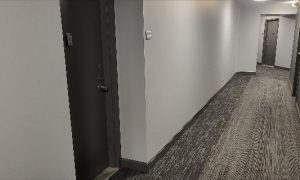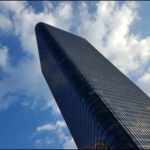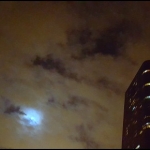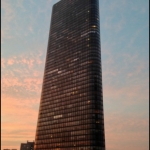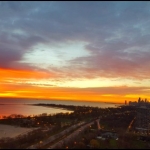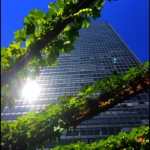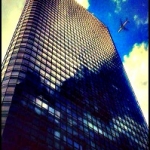Our Staff Is Required To Lock Doors
March 22, 2024
For Your Safety And Security…
And To Protect Our Team And The Association From Unnecessary Liability, The Staff Is Required To Lock Your Doors As They Leave
Whether it be for a work ticket, an inspection or if they are investigating a problem or maintenance issue, they are required to lock the door behind them.
The bottom lock will always be locked when they leave any unit when no one is home. Even if we arrive and find it unlocked – and that happens surprisingly frequently. If we arrive and it is dead-bolted, when we leave they are to lock both back up.
The only exception would be if the resident is home, and the door was unlocked upon arrival. When the staff visits and someone is home, residents are welcome to request the door be locked when they leave. Absent such an instruction, as a courtesy we would leave it unlocked if that’s how they found it.
We of course encourage everyone to always lock your doors, even if you are home. If you are worried about losing your keys, you can always make copies. To help avoid lock outs after business hours, you could keep a copy in your vehicle, a wallet, at work, with a friend or neighbor, or in a secure hiding place.
Everyone hates to get locked out. There is a minimum work order charge for after hours lockouts. Presently $60, that may seem like a lot but is dramatically far less than a locksmith would charge. It is a disruption to tasks underway. When they are called to retrieve a key from the office, it can take as long as a half hour to pause what they are doing, go to the office and sign out the key, go to the unit and unlock the door, return the key to the office, return to where they were working and resume the activity.
We appreciate our Owner and residents’ understanding and support of this procedure.

